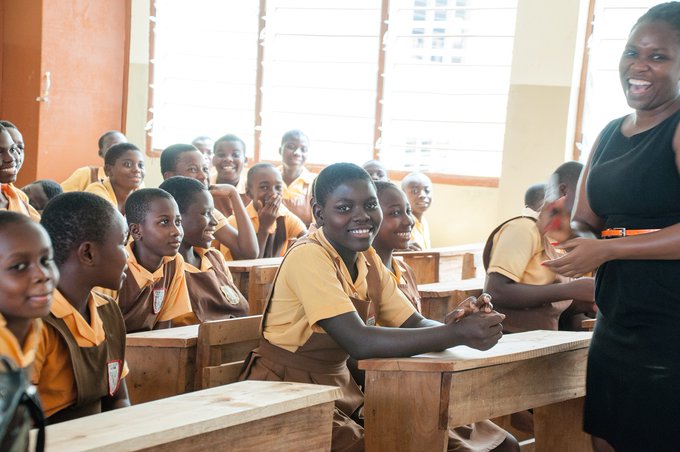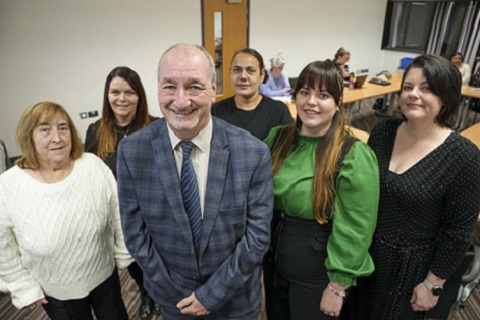Nearly 1 billion people worldwide suffer from some form of mental health disorder, according to the World Health Organisation. Rates of depression and anxiety shot up 25% during the first year of the COVID-19 pandemic.
The U.S. government works at home and abroad to advance the response to mental health challenges around the world. Mental health is a building block for healthy organisations and communities, says the U.S. surgeon general, Dr. Vivek Murthy, America’s public health spokesperson.
“When you struggle with your mental health, it doesn’t just impact how you feel,” Murthy told Bloomberg News in November 2022. “It impacts your physical health,” he said, as well as your interactions with family and work colleagues.
As workers return to offices following the worst of the COVID-19 pandemic, Murthy has called for healthier work environments. In October 2022, the Office of the Surgeon General issued guidance for promoting mental health at work. And the U.S. Department of State has shared the information abroad.
The Framework for Mental Health & Well-Being in the Workplace seeks to promote workplaces that:
- Provide for physical and psychological safety, as well as job security.
- Foster connection and community through interaction and social support.
- Allow for autonomy and flexibility in managing demands to advance work-life harmony.
- Ensure workers know they are valued and their work makes a difference.
- Offer opportunities for professional, social and emotional growth.
The U.S. Embassy in Beijing translated the surgeon general’s guidance into Chinese and distributed messaging on healthy workplaces to over 2 million people on social media in China. The embassy is also planning Chinese-language webinars to train teachers on social and emotional learning and on expanding students’ access to mental health resources.
“People need to know that they matter and their work matters,” Murthy said in messages shared with audiences in China. “When the dignity of workers and the meaning of work is affirmed in the workplace, it enhances well-being.”
The U.S. government also seeks to promote mental health and well-being through its disaster response efforts. After the February 6 earthquakes in Türkiye and Syria killed more than 50,000 people and displaced at least 3 million, the U.S. provided more than $235 million in humanitarian assistance for the region.
In addition to food and shelter assistance, the aid provided through the U.S. Agency for International Development (USAID), included psychosocial support for those recovering from trauma. The United Nations Children’s Fund (UNICEF), a U.S. partner, has worked to address the mental health needs (PDF, 389KB) of 83,000 children and their caregivers in Türkiye and also trained more than 400 social workers.
USAID and its partners also promote mental health and healing in other ways. Since 1999, the agency has funded support for victims of torture, and partner nations and organizations work with USAID to include mental health in their programs aimed at youth.
In Vietnam’s Quang Nam province, USAID’s Inclusion-1 project trained 62 caregivers of people with significant disabilities on the importance of self-care and peer support. Improving mental health is “not only critical to optimising the health and well-being of individuals,” the agency says.
“It is key to meeting USAID’s objectives across education, employment, global health, governance, peace and security.”












